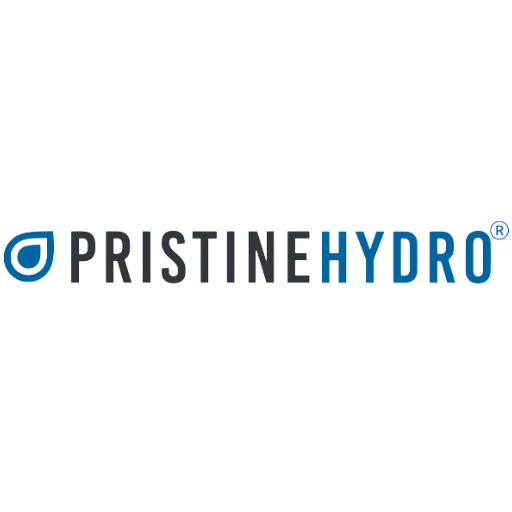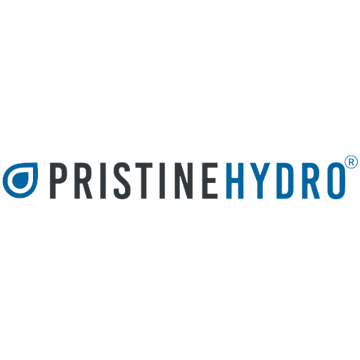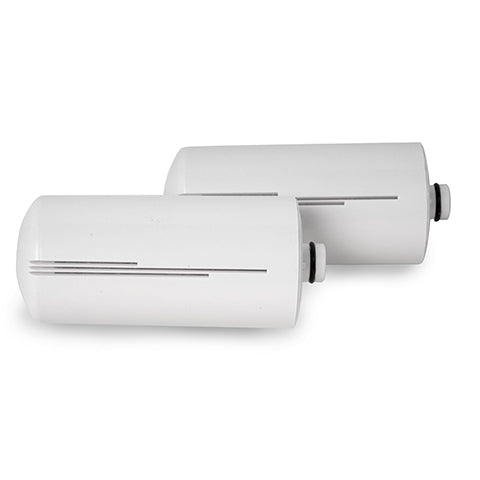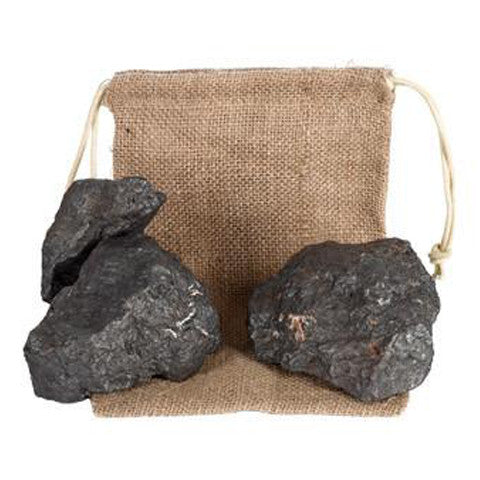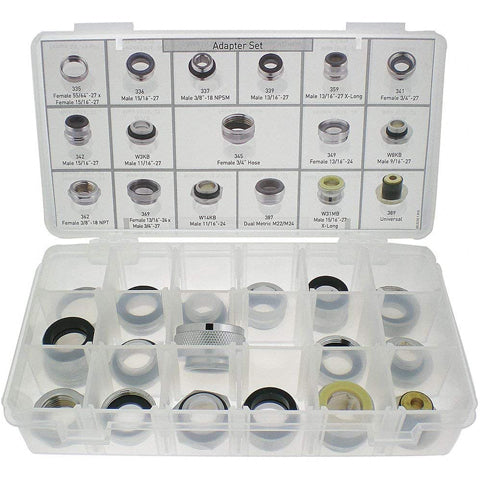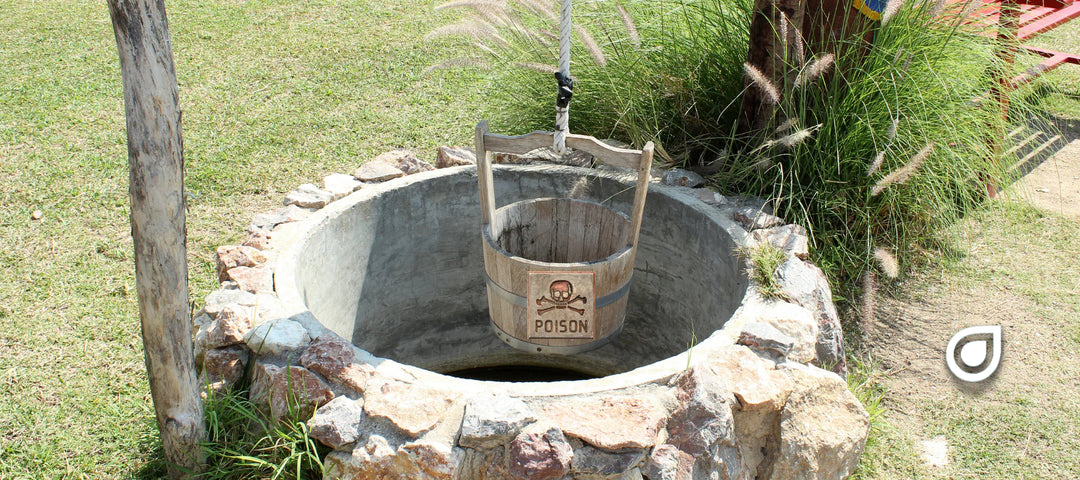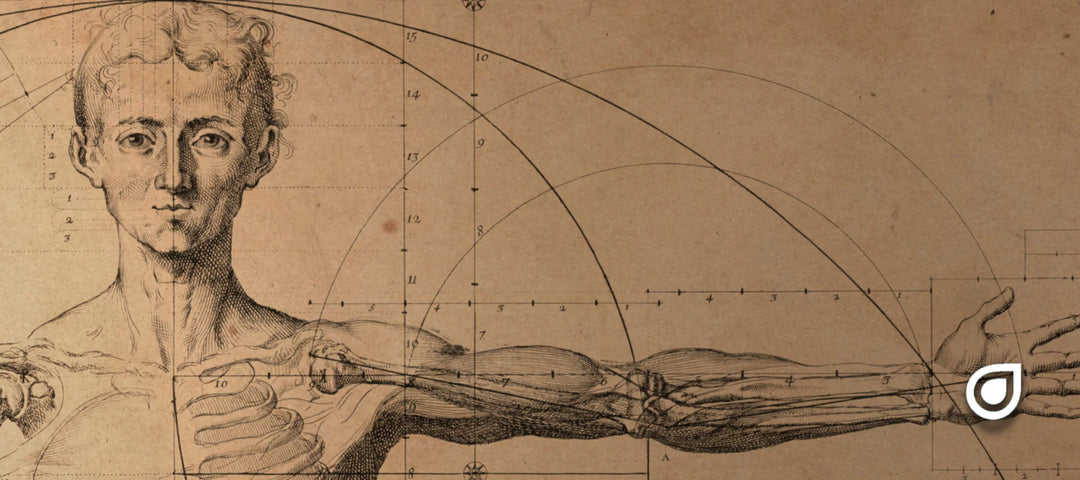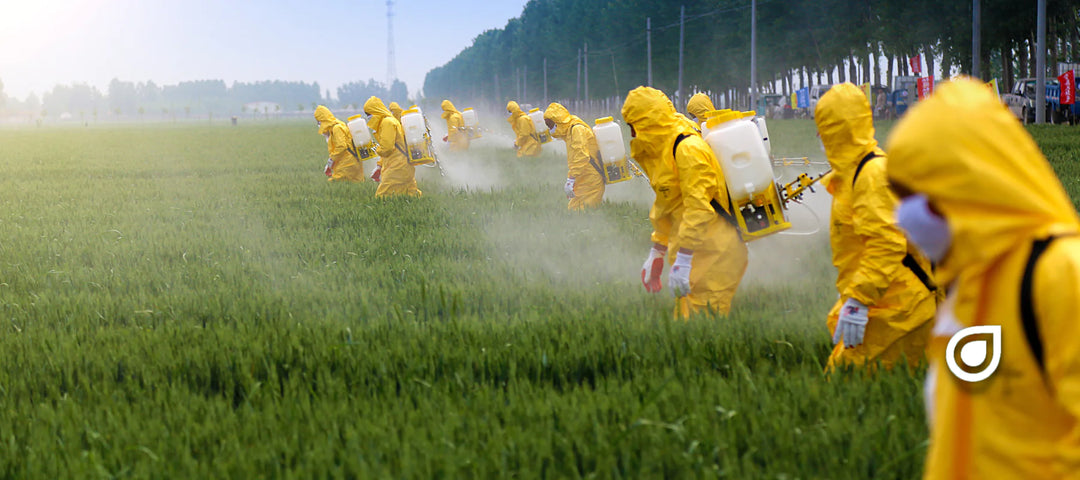Unlock the Secrets of Water & Its Vital Roles with(in) Optimal Human Health
Interesting Facts and Functions of Water in the Human Body

Water is essential to sustaining life, so it's important to know how your body uses it. Let's look at water and how your body works with it!
The Water With(in) You

You may not realize it, but your body comprises approximately 70% water. That means that you are essentially a collection of water!
Have you ever maintained a fish tank before?
Consider the quality of the water in your tank and the impact that this has upon all bodies of life with(in)…
Think about what happens to the water filter when it’s backed up… when the tank hasn’t had a proper cleaning…

Have you ever had life within the fish tank die when inappropriate levels of chemical treatments have been applied?
Recognizing that much of the treatments sold for fish tanks are treatments to make the “tap water” liveable…
It's an interesting thing to watch how much more lively the fish become - almost "happier" - when fresh water has been added during a thorough cleaning... aka Tank Detoxification.
Let's Take a Closer Look at The Water With(in) Our Human Containers

Recognizing The Majority of Our Body's Parts Are Made Up of Water - Consider All the Important Functions Necessary for Optimal Health
Water is an essential nutrient, so it’s vital to your health. It helps with digestion, helps you maintain a normal body temperature, and lubricates your joints and other tissues. Without enough water in your body, your kidneys will have difficulty filtering out waste products from the blood and eliminating them from the body through urine. This can lead to kidney stones, which are painful and can cause long-term damage if left untreated.
Where Does Your Body Store Water
Your brain, muscles, and bones are all made up of mostly water. The rest of this 70% comprises blood plasma (which also contains dissolved minerals like sodium chloride), mucus produced by mucous membranes lining various parts of your respiratory tract and digestive system, and sweat produced by sweat glands throughout the skin surface.
● Forming saliva and digestive juices
● Transporting nutrients, hormones, waste products, and oxygen through the bloodstream
● Regulating body temperature by absorbing heat from the skin when you are hot and releasing it when you are cold
● Maintaining muscle tone and lubricating joints
● Cushioning organs such as your brain, so they don't bump against each other when you move
What Have We Learned Over the Last Few Years About Free Radicals & The Realities of How Toxic Our Environments Have Become?
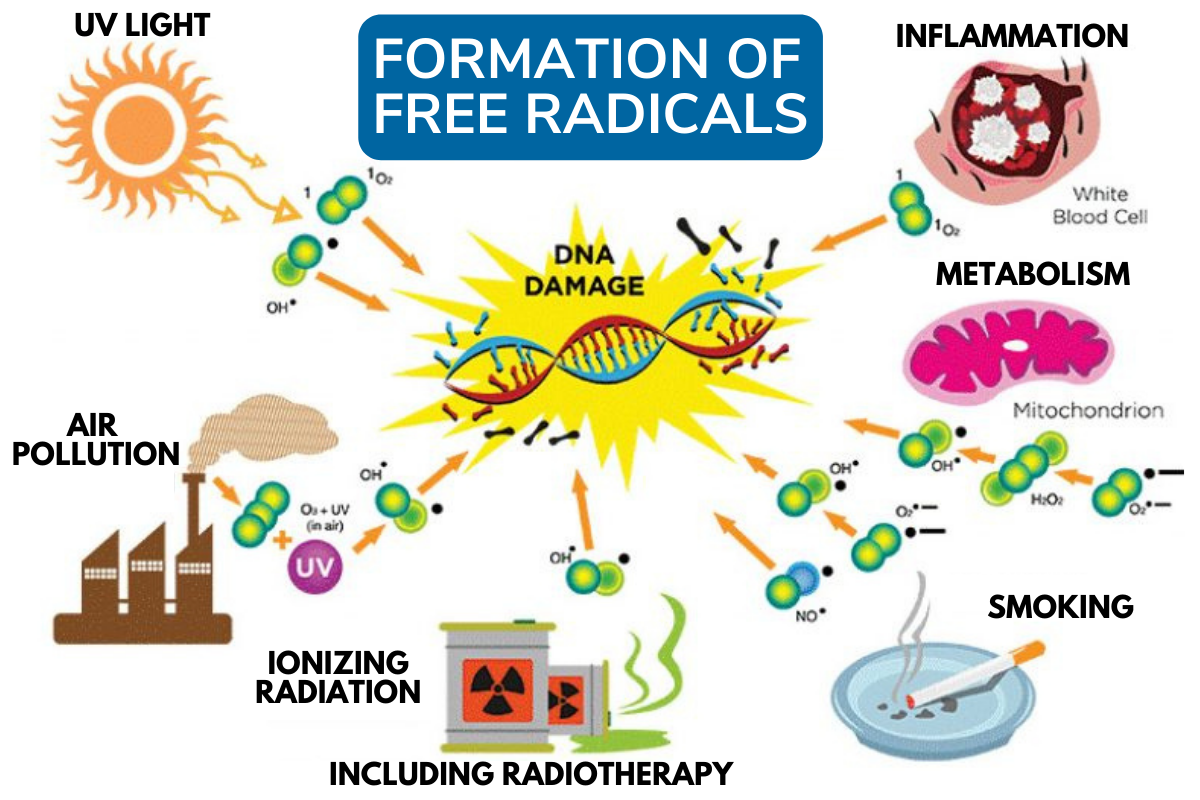
Be Thankful for How Great of a Job Your Body Has Been Doing Addressing Detoxification and Cleansing of the "Tank" Thus Far...

Recognize the Workload that Your #1 Filtering Component is Doing - Helping to Filter and Excrete Toxins Appropriately

Become More Aware of How Overloading Your System With Toxins Can Become Overwhelming and Understand Where The Excess Toxins Are Stored That Cannot Be Filtered

Do a Better Job Listening to What Your Body is Telling You

Now That It's Clearer How Important Water is to the Proper Functioning of the Bodies of Life With(in) - Let's Do a Better Job Maintaining Fresh Pure Water Flow Into The System...
Water helps to regulate temperature and keep organs functioning properly while also providing a means of transport for nutrients and waste products.
How To Calculate How Much Water Your Body Needs
First, determine your body weight to calculate how much water your body needs. Next, divide that number by two to determine the number of ounces needed each day (a good rule of thumb is eight glasses).

Foods That Have Water
You can find water in a variety of foods, including:
Fruits and vegetables: Most fruits and vegetables contain water, but some may have more than others. For example, cucumbers (99 percent), tomatoes (95 percent), bananas (90 percent), and zucchini (89 percent).
Milk: Milk contains about 87 percent water. So if you drink eight ounces of milk at breakfast, lunch, or dinner, you're already meeting most of your daily need for this nutrient.
Signs of Dehydration
The human body is made up of about 70% water, meaning that losing 2% to 3% of your body weight due to dehydration can lead to serious health problems.
According to the Mayo Clinic, dehydration can cause:
● Headache
● Dry mouth and throat
● Muscle cramps
● Fatigue
● Weakness or dizziness when standing up suddenly
Causes of Dehydration
Dehydration can be caused by any number of things, including:
● Exposure to extreme temperatures (heat or cold).
● Intense physical activity without enough water intake (for example, running a marathon).
● Drinking alcohol without enough water to balance it out (although this is rare).
● Illness that affects your ability to drink water, such as vomiting or diarrhea (vomiting will cause loss of fluids, so make sure you replace lost fluids as soon as possible with liquids like water).
● Not drinking enough water and not eating enough foods that contain water.
Do You Trust Your Water Supply?
The water you drink can come from many different sources: groundwater, lakes and rivers, reservoirs, rainwater, and even snowpack. The quality of drinking water varies greatly depending on where it comes from and how it is treated. The EPA sets standards for all public drinking water systems in the United States to maintain minimum levels of safety. But these standards do not guarantee that every glass of water you drink will be safe.

What Can You Do To Be Sure Your Water Is Safe and Pure?
It is more critical now than ever to filter all your water. Often people feel buying bottled water is the solution. But is it, really? Even if the water is free of impurities, storing it in plastic bottles exposes you to microplastics. The answer is unequivocally PristineHydro®.
PristineHydro® has taken water filtration to a new level called “water revival.” Our proprietary 10-Stage water filtration/revival process removes


